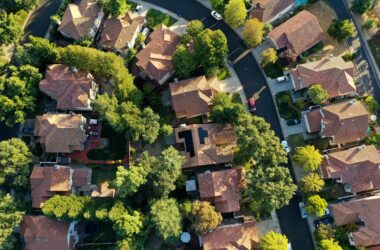Home & Garden
Home and garden refer to the spaces in and around a home where people live, relax, and enjoy outdoor activities. These spaces can be used for a variety of purposes, including cooking, dining, entertaining, gardening, and recreation.
Home and garden design and maintenance can have a significant impact on both the environment and personal well-being. Some common features of environmentally friendly home and garden design include:
Energy efficiency: This includes features such as insulated windows, efficient heating and cooling systems, and energy-efficient appliances, which can reduce energy consumption and greenhouse gas emissions.
Water conservation: This includes features such as low-flow showerheads and toilets, rainwater harvesting systems, and drought-tolerant landscaping, which can reduce water consumption and preserve water resources.
Sustainable materials: This includes materials that are responsibly sourced and manufactured, such as bamboo, recycled plastic, and reclaimed wood, which can reduce waste and minimize the environmental impact of construction and home improvement projects.
Natural landscaping: This includes the use of native plants, which are adapted to local environmental conditions and require less water and maintenance than non-native species.
In addition to these environmentally friendly features, home and garden design can also promote personal well-being by creating comfortable and inviting spaces for relaxation and recreation. This can include features such as outdoor seating areas, vegetable gardens, and outdoor kitchens and dining areas.
Overall, home and garden design and maintenance can have a significant impact on both the environment and personal well-being, and incorporating eco-friendly practices and features can help to create a more sustainable and enjoyable living space.














